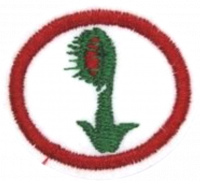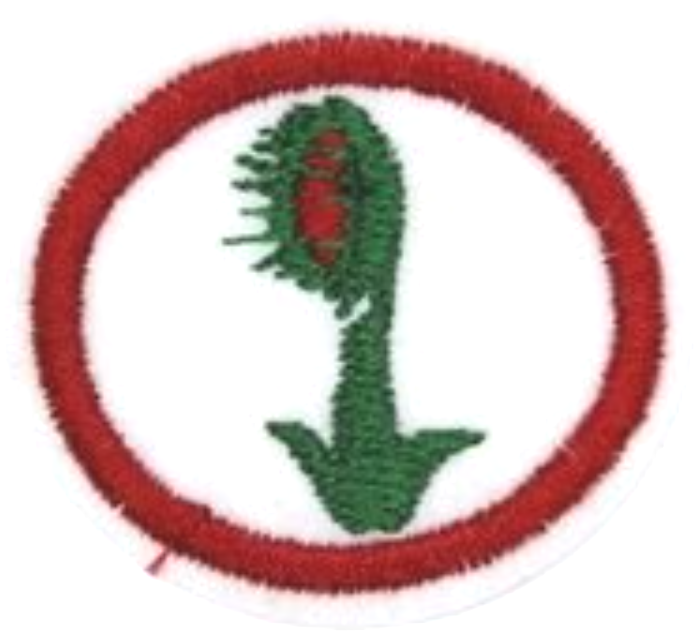Difference between revisions of "AY Honors/Carnivorous Plants/Requirements/en"
(Updating to match new version of source page) |
(Updating to match new version of source page) |
||
| Line 39: | Line 39: | ||
<noinclude></noinclude><section end=req5c /></b> | <noinclude></noinclude><section end=req5c /></b> | ||
| − | :<b>d. <section begin=req5d /><noinclude></noinclude> | + | :<b>d. <section begin=req5d /><noinclude></noinclude>Acid |
<noinclude></noinclude><section end=req5d /></b> | <noinclude></noinclude><section end=req5d /></b> | ||
| + | |||
| + | :<b>e. <section begin=req5e /><noinclude></noinclude>Other forms | ||
| + | <noinclude></noinclude><section end=req5e /></b> | ||
<b>6. <section begin=req6 /><noinclude></noinclude>What is the process of "digestion" like in these plants and how do they get the necessary nutrients from the insects? | <b>6. <section begin=req6 /><noinclude></noinclude>What is the process of "digestion" like in these plants and how do they get the necessary nutrients from the insects? | ||
Latest revision as of 16:50, 1 June 2021
Skill Level
1
Year
2012
Version
23.12.2024
Approval authority
South American Division
1. What are the characteristics of a carnivorous plant that differ from normal plants?
2. What special precautions are to be taken in the care and conservation of carnivorous plants?
3. Conduct research and establish the relationship between: flowers of carnivorous plants, the process of pollination and insects on which they feed.
4. Describe the characteristics of the following four main families of carnivorous plants, describing their species, names of some examples, origin, and characteristics that define them:
- a. Nepenthaceae
- b. Sarraceniaceae
- c. Droseraceae
- d. Lentibulariaceae
5. An interesting mechanism is how they use their traps to catch prey. Describe each one, identifying the species mentioned in the previous requirement:
- a. Cage traps
- b. Suction traps
- c. Sticky leaves
- d. Acid
- e. Other forms
6. What is the process of "digestion" like in these plants and how do they get the necessary nutrients from the insects?
7. Do one of the following activities:
- a. Have a duly cataloged collection of three different (natural) species, stating for each one the common name, scientific name, family and other details about the species.
- b. Assemble a photo album of at least 15 different species and state the common name, scientific name, family and other details about each species. These can be cataloged in digital form (slideshow) or on paper.
- c. Grow and care for a carnivorous plant of any species for three months and make a report indicating how to daily care for it.



